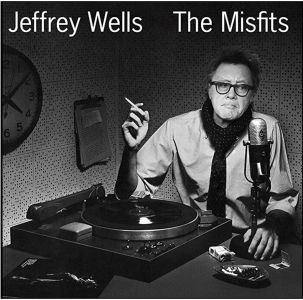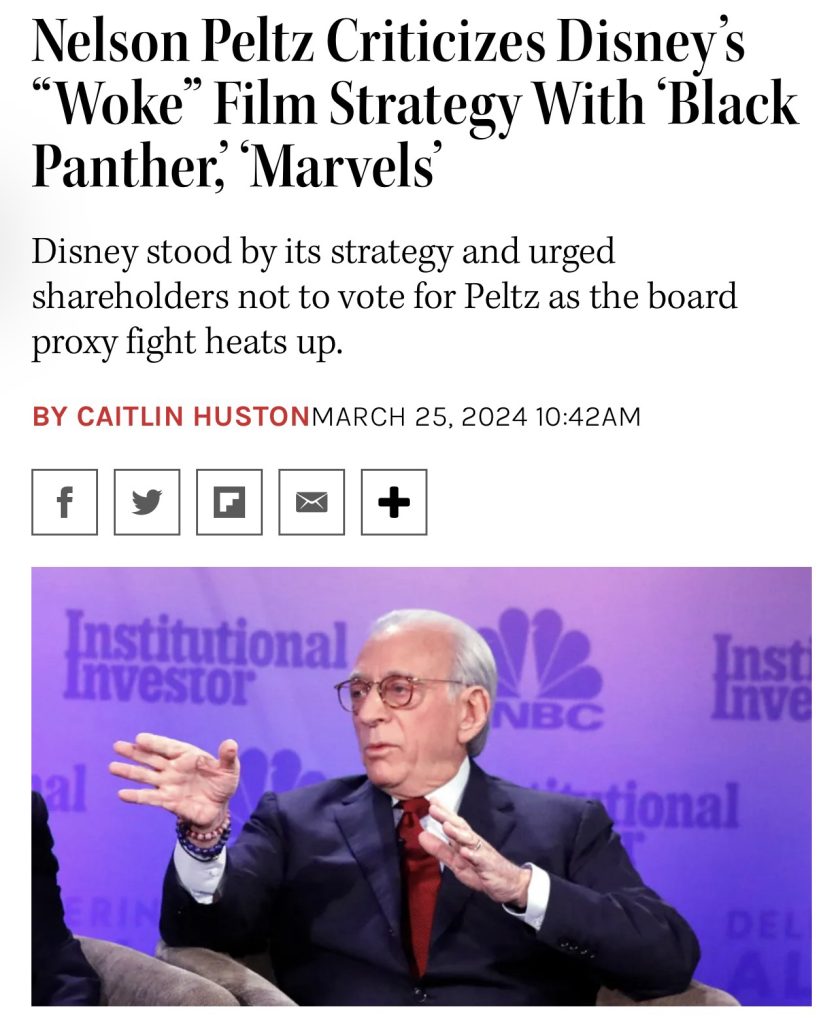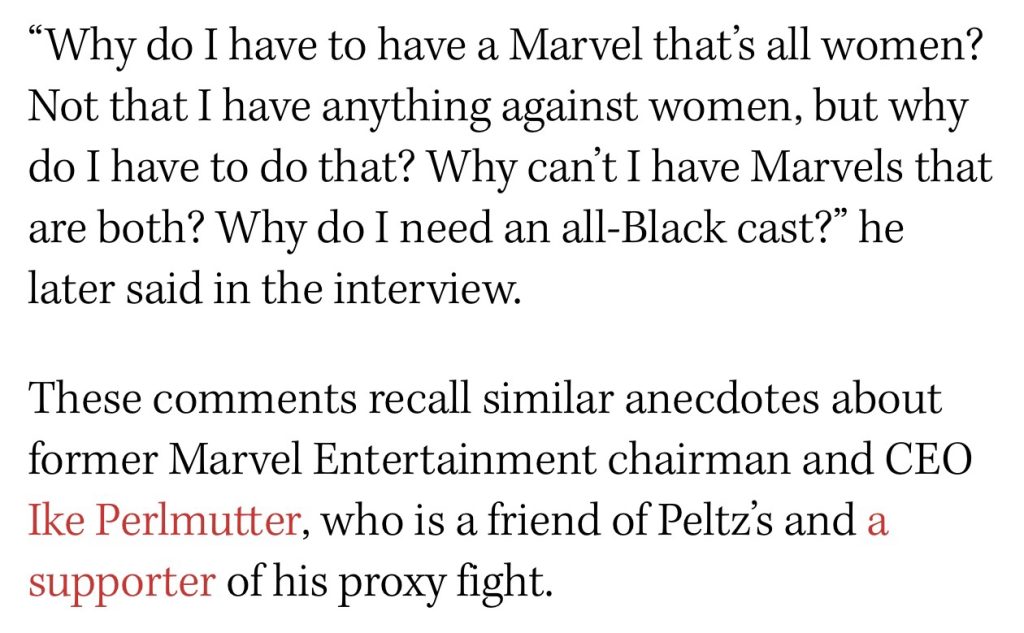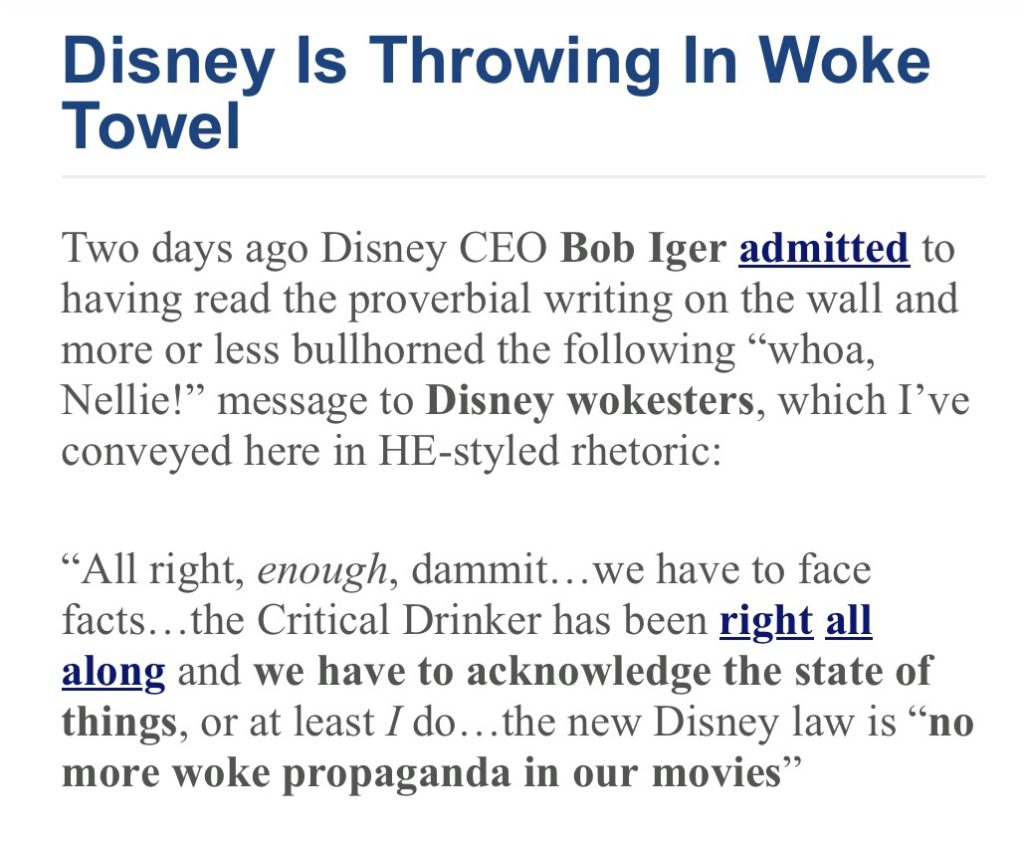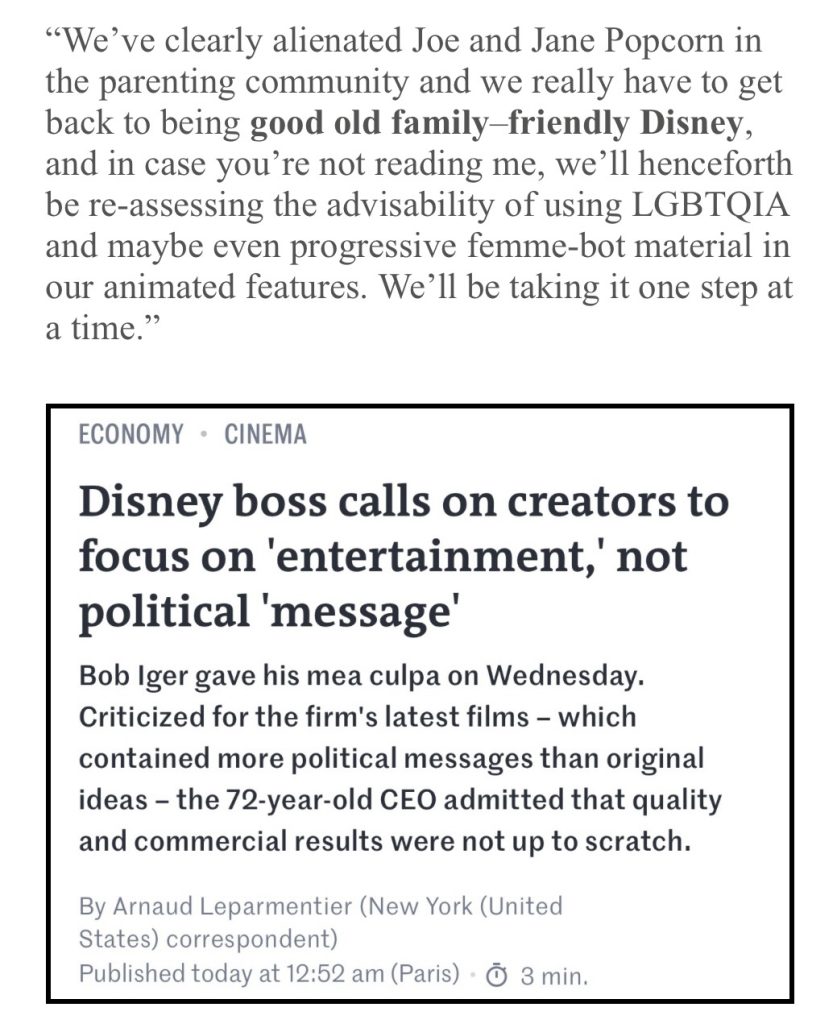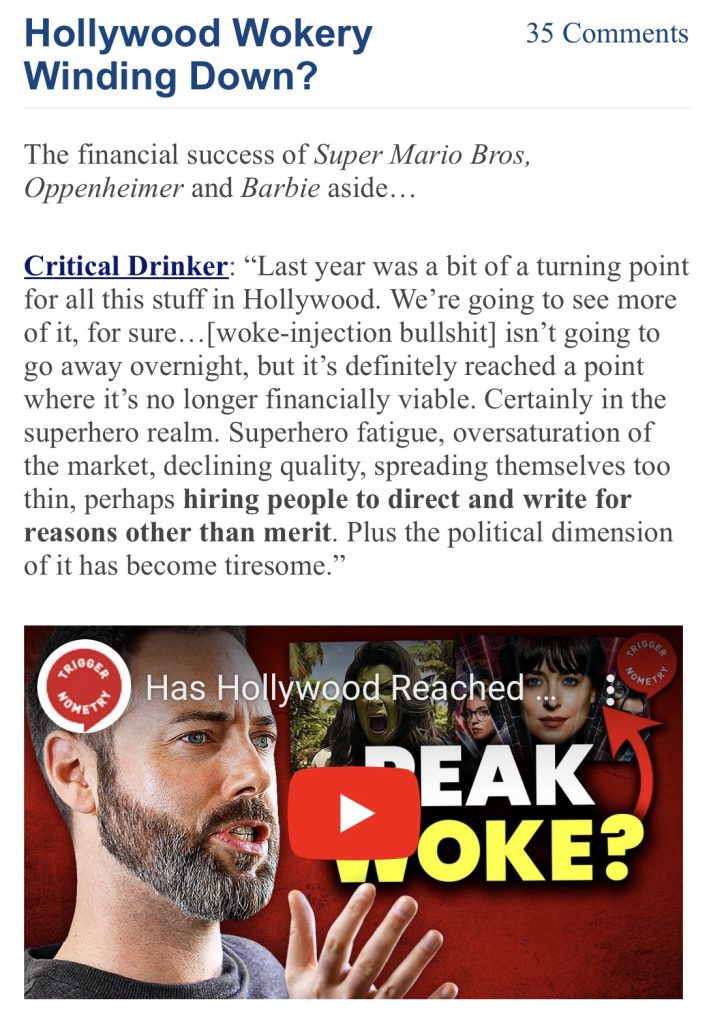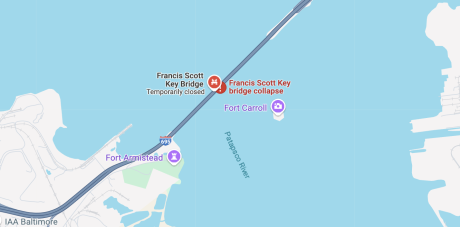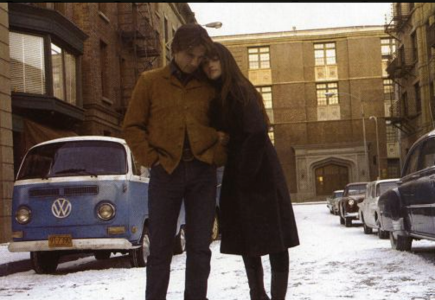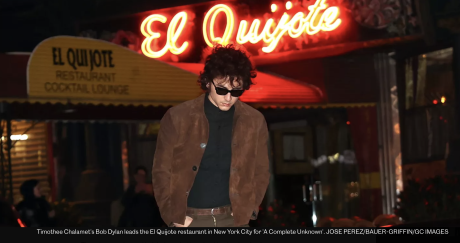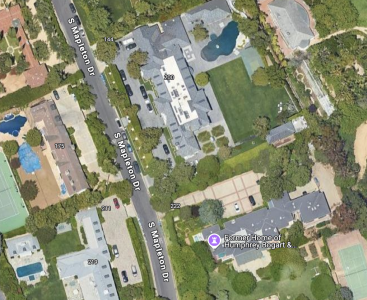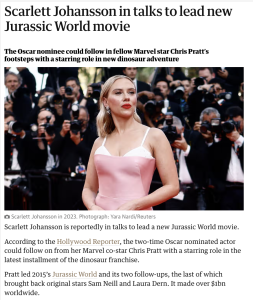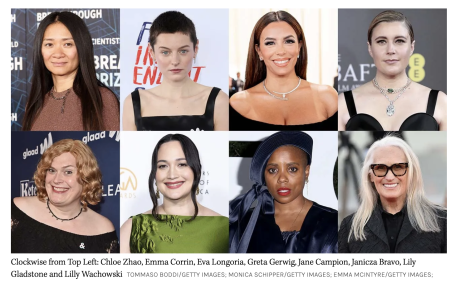After all kinds of grief, delay and unexpected potholes (including a last-minute blowoff by Tatiana Antropova, who had agreed to participate in a “Misfits” Zoom session), Hollywood Elsewhere hosted a three-way, audio-only “Misfts” discussion between entertainment critic, on-air host, podcaster and movie maven Neil Rosen (“Talking Pictures with Neil Rosen“), comedian, podcaster and East Hampton go-to guy Bill McCuddy, and myself.
We got into Road House, of course, along with Immaculate (HE is not a huge fan of Sydney Sweeney), Michael Keaton‘s Knox Goes Away, Asphalt City and Woody Allen‘s Coup de Chance, which I’ve seen but haven’t reviewed.
Toward the end I introduced a new “Misfits” sidelight called “Revival House,” a discussion of great or near-great films that most Millennials and Zoomers (who regard anything released before 1980 as ancient history and therefore irrelevant) probably haven’t seen or have little interest in seeing. I started by discussing Cameron Crowe‘s Vanilla Sky (’01) but Rosen and McCuddy weren’t enthused enough, so I switched over to Martin Ritt‘s Hud (’63),and sudenly a great emotional switch was thrown because riffing on 20th Century films opens up a floodgate of passion, the kind that is barely felt (or felt infrequently) in today’s realm.
For roughly a half-hour the Wells-Rosen-McCuddy discussion (one hour, 11 minutes) was recorded from inside a soundproof booth at the Wilton Library. But it was interrupted when a Wilton Library staffer tapped on the recording booth door while pointing to her wristwatch and whispering that I can’t record a podcast of any length from inside it. I’ve noticed several people occupying the booth for longish periods (30 or 40 minutes), and I’ve recorded three or four Sasha Stone podcasts from within the same booth. But there’s no point in challenging a librarian.
While Rosen and McCuddy were chatting I picked up my phone and digicorder and strolled outside into a flagstone courtyard. My jacket asn’t warm enough for 40 degres, but I managed. Everything went well.
Except for the very beginning, that is, when I had trouble managing a three-way conversation. When I hit the “add” button it invited one person to join while un-inviting the other. I fiddled around and finally figured it out. If any HE reader-listener turdbrain says so much as one snarky word about this, they will be instantly terminated…fair warning. I’ve been an iPhone owner for 16 or 17 years — don’t even think about giving me shit about this.
